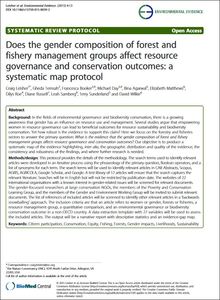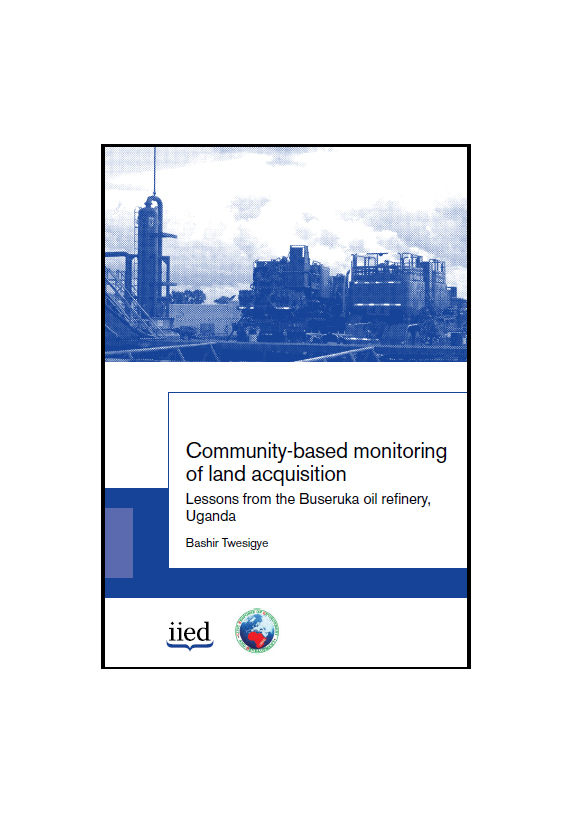Focal point
Location
Mission
Our mission is to build a fairer, more sustainable world, using evidence, action and influence in partnership with others.
Who we are
IIED is one of the world’s most influential international development and environment policy research organisations. Founded in 1971 by economist Barbara Ward, who forged the concept and cause of sustainable development, we work with partners on five continents. We build bridges between policy and practice, rich and poor communities, the government and private sector, and across diverse interest groups. We contribute to many international policy processes and frameworks, including the Intergovernmental Panel on Climate Change, the Millennium Ecosystem Assessment and the UN conventions on climate change and biological diversity.
What we do
IIED carries out research, advice and advocacy work. We carry out action research — generating robust evidence and know-how that is informed by a practical perspective acquired through hands-on research with grassroots partners — and we publish in journals and maintain high research standards. We advise government, business and development agencies, and we argue for changes in public policy. We focus on bottom-up solutions, stay open to flexible, adaptable solutions and are marked by a tradition of challenging conventional wisdom through original thinking.
Resources
Displaying 191 - 195 of 367Community-based monitoring of land acquisition. Lessons from the Buseruka oil refinery in Uganda
Under Ugandan law a person whose land is identified for a public purpose must be compensated fairly, promptly, and prior to the acquisition of the property. But often laws and best practices remain on paper only. Many individual landowners are often ignorant about their basic rights, and lack the capacity and courage to speak out against injustice meted on them by development projects. The decision by the Ugandan government to construct an oil refinery meant that over 1,200 households were to be displaced.
Land rights, international law and a shrinking planet
Recent years have seen a new wave of large-scale acquisitions of farmland for plantation agriculture in Africa, Asia and Latin America. Less tangible changes are also taking place. In a globalised world, land governance is increasingly shaped by international law, developments in which law are shifting the balance between competing land claims and between private interests and public authority. International developments are also creating new spaces for contestation and accountability.
Does the gender composition of forest and fishery management groups affect resource governance and conservation outcomes: A systematic map protocol
In the fields of environmental governance and biodiversity conservation, there is a growing awareness that gender has an influence on resource use and management. Several studies argue that empowering women in resource governance can lead to beneficial outcomes for resource sustainability and biodiversity conservation. Yet how robust is the evidence to support this claim?
Workshop on irrigated land tenure in the Sahel (Task Force for implementing the 'Dakar Declaration')
This is the report of a workshop held on 8 and 9 June 2015 in Bamako, Mali, to present and discuss the results of a study on securing irrigated land tenure in the six countries within the Permanent Inter-State Committee for the Fight against Drought in the Sahel (CILSS) in the context of the "Dakar Declaration".
Community-based monitoring of land acquisition
The constitution and enabling legislation in Uganda, as in many other countries, empower the government to acquire land in the public interest. Under Ugandan law a person whose land is identified for a public purpose must be compensated fairly, promptly, and prior to the acquisition of the property.







